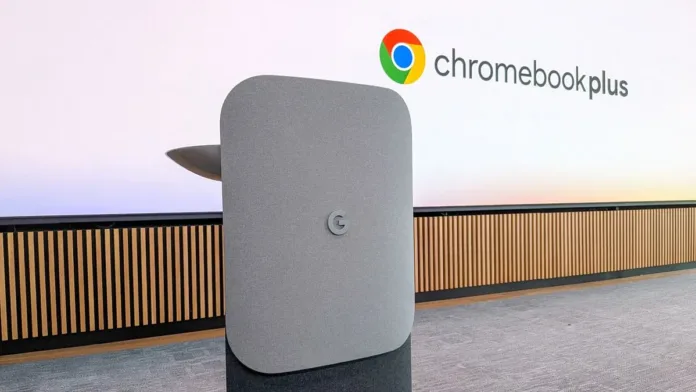Table of Contents
Introducing Google’s Aluminium OS: Android on PCs
Google is preparing one of its most important shifts in desktop computing with the development of Aluminium OS, a new Android-based operating system designed specifically to challenge Windows and macOS. The company has been searching for a way to extend Android beyond phones and tablets, and Aluminium OS is the clearest sign yet that Google intends to compete directly with traditional desktop platforms. Rather than repeating ChromeOS’s browser-first formula, Aluminium OS is being built as a full desktop version of Android that runs naturally on laptops, tablets, detachables and compact desktop boxes.
For years, Android has been everywhere except on proper PCs. Google’s dilemma has always been how to bring its strongest platform to larger screens without compromising the fluidity that made Android dominant on mobile devices. Aluminium OS appears to be Google’s answer. It aims to give users a single operating system that feels familiar yet powerful enough for productivity, multitasking, and AI-driven workflows. This unified strategy is meant to support all hardware tiers, from budget student laptops to premium machines with powerful processors. Aluminium OS continues that direction. It is expected to launch with Google’s Gemini AI stack integrated throughout the system, providing faster on-device assistance, smarter automation, and improved app behavior on larger displays.
Read more on our article, Samsung Galaxy S26 Ultra 5G: AI Power & 420MP Camera, published on November 25 2025, SquaredTech.
The Evolution from ChromeOS to Aluminium OS
Momentum around Aluminium OS grew after the 2025 Qualcomm Snapdragon Summit, where Google confirmed it was working on a next-generation desktop Android experience. ChromeOS is not disappearing immediately, but signs point toward a slow transition. Google wants users to move from a primarily web-based environment to a more flexible Android-native one that supports both lightweight apps and demanding workloads.
Internal job listings further suggest that Aluminium OS is being designed for all types of devices, not just low-cost education hardware. This includes traditional laptops, hybrid tablets, compact desktops and high-end ultrabooks.
AI will play a central role in how Aluminium OS feels to use. Instead of depending on constant cloud access, the system will deliver intelligent suggestions, background assistance and performance improvements directly on the device. This approach supports better privacy and smoother continuity across screens. Google’s goal is to create a desktop experience that feels more responsive and more aware of user intent.
The first public release is expected in 2026 and will likely be based on Android 17. This marks a significant milestone for Google and the wider PC market. Google is also preparing upgrade paths for compatible Chromebooks, including models powered by processors such as the MediaTek Kompanio 520 and Intel Alder Lake.
What Aluminium OS Means for Users and the Future of Google’s Desktop Strategy
For consumers, Aluminium OS means a wider choice of devices and a more capable Android experience on PCs. Devices running the new system will be able to use Android apps natively, with interfaces adapted for larger screens, keyboard input and true multi-window use. This directly addresses one of ChromeOS’s biggest limitations and gives developers a consistent foundation for building apps across phones, tablets and desktops.
Google has not finalized the public name for the operating system, and Aluminium OS may remain an internal codename. It could launch under a refreshed ChromeOS identity or as an entirely new category closer to the idea of “Android Desktop.” Whatever branding Google chooses, the intention is the same: a single operating system that scales smoothly from handheld devices to full PCs.
As SquaredTech continues tracking Aluminium OS, it is becoming increasingly clear that Google sees this platform as its long-term desktop strategy. The transition will unfold gradually, with ChromeOS and Aluminium OS coexisting during the migration period. Over time, Google is building toward a future where Android powers every screen size and where AI-enhanced experiences are available on everything from affordable laptops to premium computers.
Aluminium OS has the potential to become one of the most significant operating system shifts of the decade, reshaping how users interact with their PCs and redefining Google’s position against Windows and macOS.
Stay Updated: Gadgets


